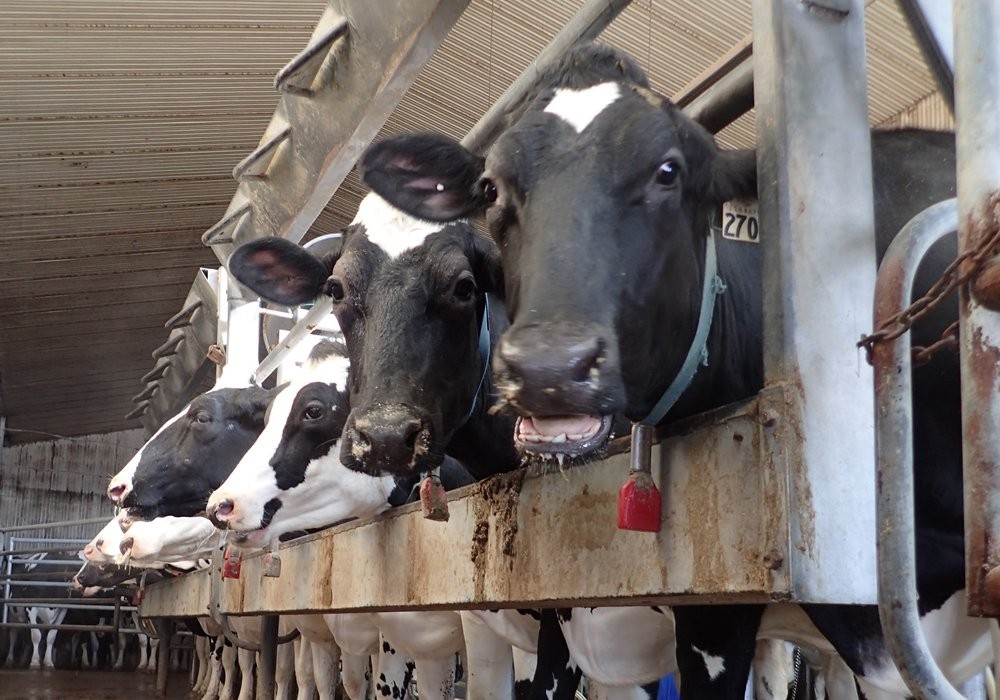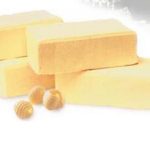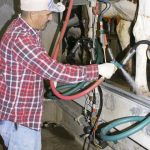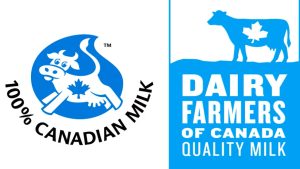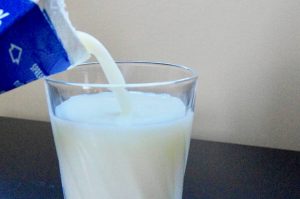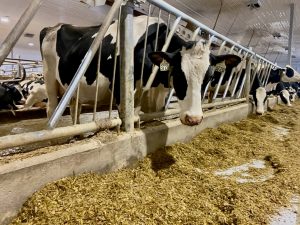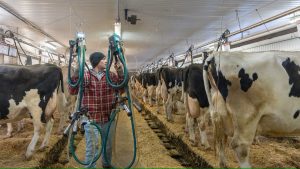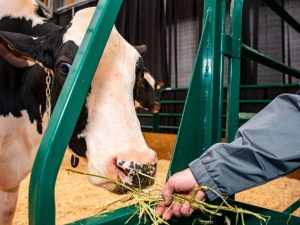
Speaking to the Dairy Farmers of Canada annual meeting, she said 5,054 farmers had received $267.1 million so far from the second year of the Dairy Direct Payments Program.
There are 10,095 dairy farms eligible for payments after losing market share through the Comprehensive and Progressive Agreement for Trans-Pacific Partnership and the Comprehensive Economic and Trade Agreement with Europe.
Producers must register with the Canadian Dairy Commission for the compensation before March 31 to receive money this year.
The four-year, $1.75-billion program announced in 2019 saw $345 million available in the first year and $468 million this year. The 2021-22 allocation is $469 million, followed by $468 million in the final year.
According to the government a farm with 80 dairy cows will get about $38,000 next year and the year after. There is no maximum per farm.
Payments are calculated based on the quota allocated to each province for the 12 months ending Oct. 31. The payments are taxable.
Compensation for market share loss for about 4,800 producers in the other supply-managed sectors of chicken, eggs, turkey and broiler hatching eggs is still under negotiation.
That program would see about $691 million distributed over 10 years and more details are expected this spring.
Meanwhile, Ottawa has promised fair compensation to all sectors for losses due to the Canada-United States-Mexico Agreement but has not offered a cost estimate.
A legislative costing note issued by the Parliamentary Budget Officer Feb. 10 said total cost for that compensation if paid in the 2021-22 fiscal year would be about $786 million.
“Underlying our analysis is the assumption that projected increases in demand are larger than the changed quotas for any year going forward,” the note said. “Thus, the compensation is for lost expansion opportunities, in particular, lost additional net income or profits.”
The analysis uses unchanged raw milk prices to calculate net income loss for producers, adjusted for reduced expenditures. Processors’ compensation is calculated as income lost by the owners.
“We also assumed that, under new CUSMA export restrictions, processors will export lower volumes of infant formula, skim milk powder and protein concentrates at domestic animal feed prices, which are lower than the export price of these commodities,” the note said.
The compensation is the net present value of foregone income over 25 years, the authors said, and assumes income tax paid at 15 percent.
The total cost estimate is $925 million less recovery of $139 million.
The payments would be $588 million to dairy farmers, $305 million to processors, $30 million to poultry and egg producers, and $2 million to poultry processors.
